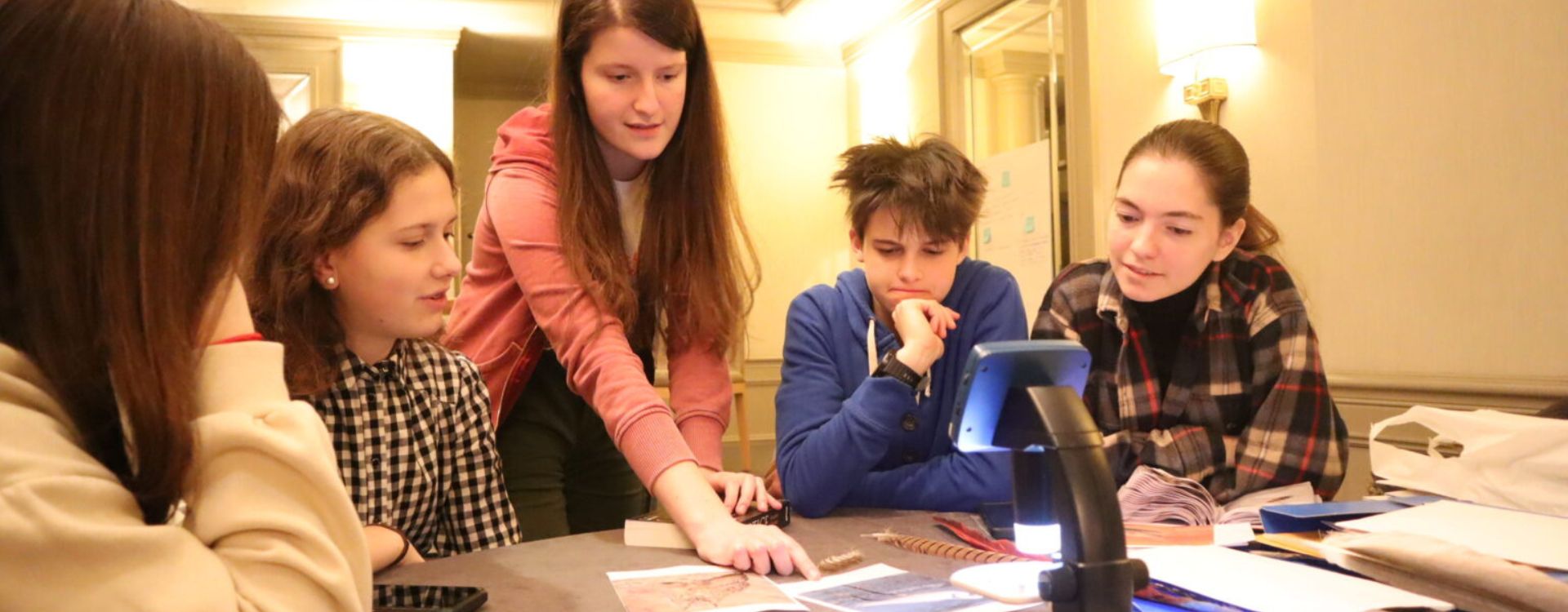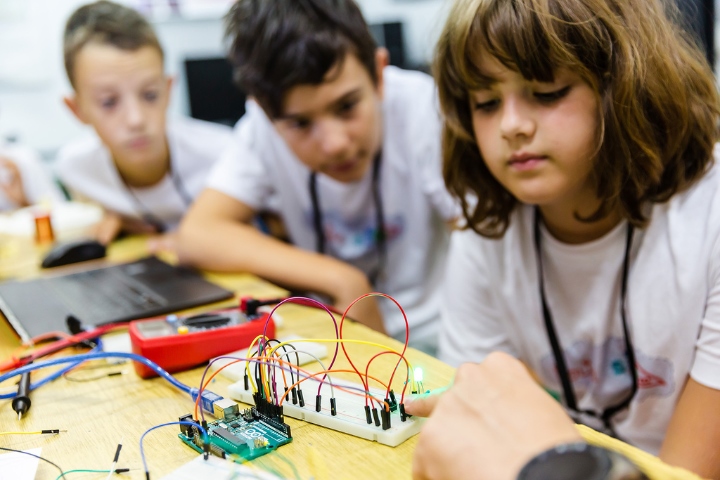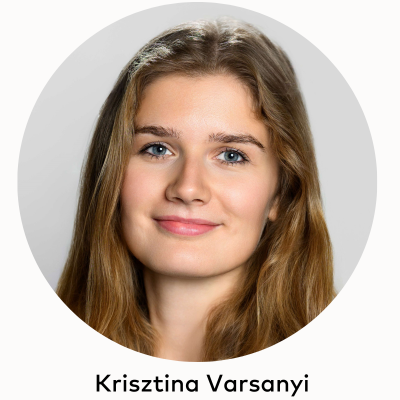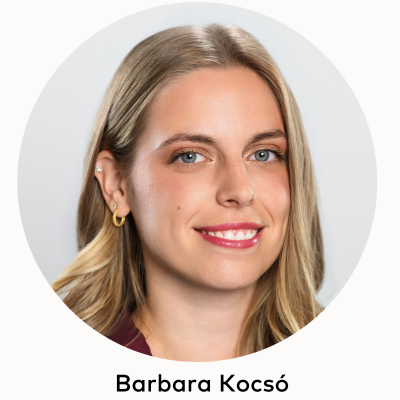Discovering the science behind volunteering
May 28, 2025 | By Sophie Hares
Loaded with microscopes, robots and VR headsets, Croatia’s “STEM on Wheels” mobile lab weaves its way from tiny mountain villages to Adriatic islands, giving kids the hands-on science skills they need to get ahead. From tips on investigating insects to using underwater drones, taking the van on the road gives the nonprofit Association Bioteka’s educators a chance to show kids in often under-resourced locations how to apply science to solve problems.
Its lively sessions have proven hugely popular, with more than 10,000 kids joining its STEM labs, workshops and camps. But that has left Bioteka President Jelena Likić and her three permanent staff little bandwidth — or opportunity to learn business development skills — to grow the nonprofit. Plans to build a center for STEM and sustainability in the Croatian capital, Zagreb, have repeatedly stalled because of limited capacity and resources.
That’s why Likić jumped at the chance earlier this year to join Mastercard’s Launch for Social Impact Challenge volunteer program, aiming to tap into the company’s deep talent pool to help make her STEM center a reality. The challenge is designed to encourage graduates hired for Mastercard’s 18-month Launch rotating job program to volunteer their time to help other organizations grow.
“Exactly those skills that Mastercard was offering were the ones we lacked,” says Zagreb-based Likić. “We have so many world problems that no individual can solve — we have to collaborate.”
The Mastercard/Bioteka affiliation is part of a growing shift toward nonprofits building deeper relationships with companies. These partnerships are valuable to both, enabling nonprofits to access critical skills and resources while giving companies an opportunity to connect with communities and gain real-world insight into their challenges.
It’s also helping companies attract talented staff, as research shows Gen Z is more likely to choose to work for a company that offers them the chance to do pro bono projects where they feel they can make a difference.
“This kind of program goes beyond traditional volunteering,” says Yasmin Mesbah, a senior program manager at Pyxera Global, a nonprofit that designs and delivers cross-sector programs to solve systemic social challenges. “It’s leadership development in action.” Pyxera Global partnered with Mastercard to shape the Launch for Social Impact Challenge into a transformative experience for both employees and communities. “It’s these kinds of experiences that grow globally minded leaders who can navigate complexity and act with agility,” Mesbah adds.

The Croatian STEM nonprofit Association Bioteka aims to expand its outreach through a new center in Zagreb and turned to young Mastercard employees to collaborate on bringing its vision to life. (Photos courtesy of Association Bioteka)
Krisztina Varsanyi, who joined Mastercard’s Launch program in Budapest last year, was one of about 200 people from across Europe accepted for the challenge. She hoped the experience would give her a chance to make an impact and expand her network.

When the monthlong program started in February, Varsanyi threw herself into the activities by leading a five-person team of Launchers, as they’re known at the company, tasked with devising a road map for Bioteka to finance, build and launch its STEM center. Slotting the volunteer work around her job as an associate consultant, she found that meeting with Bioteka for feedback on her team’s proposal to host events and camps was a hands-on way to build up her project management skills.
“It’s changed the way I think of volunteering,” says Varsanyi, 22. “It’s made me realize I can apply my knowledge and technical skills, and volunteer with my brain.”

Finding ways to create a collaborative team culture and steer volunteers toward tight deadlines also tested Barbara Kocsó’s management skills as the Launcher led another team in building a communications strategy for Bioteka. She found that her previous experience volunteering for HiSchool, a Hungarian NGO that supports high school students in choosing careers, gave her team a head start as they strategized a four-point plan to promote Bioteka’s programs and build relationships to support its fundraising.
“It fosters our ‘doing well by doing good’ company culture,” says Kocsó, 27, who, like Varsanyi, is an associate consultant in Budapest.
A few months down the track, Bioteka is already using the ready-to-implement plans drawn up by the Mastercard Launchers to fine-tune its communications strategy and highlight its science and sustainability work. The challenge served as a catalyst, helping Bioteka move closer to launching its STEM center and expanding access to science and sustainability education for more children — especially girls. (A 2024 UNESCO report showed that women made up only 35% of STEM graduates despite comprising more than half of university enrollment.)
For both Vasanyi and Kocsó, pulling teams together to resolve complex problems has shown them new ways to approach everyday workplace issues and gotten them hooked on working pro bono. As programs like this expand, they’re defining what it means to volunteer — not just offering time but contributing insight, building systems and shaping what inclusive innovation looks like on the ground.
“Volunteering gets us out of the bubble we all live in,” Varsanyi says. “No matter how small you start, how little you volunteer, it really does make a real-world impact.”